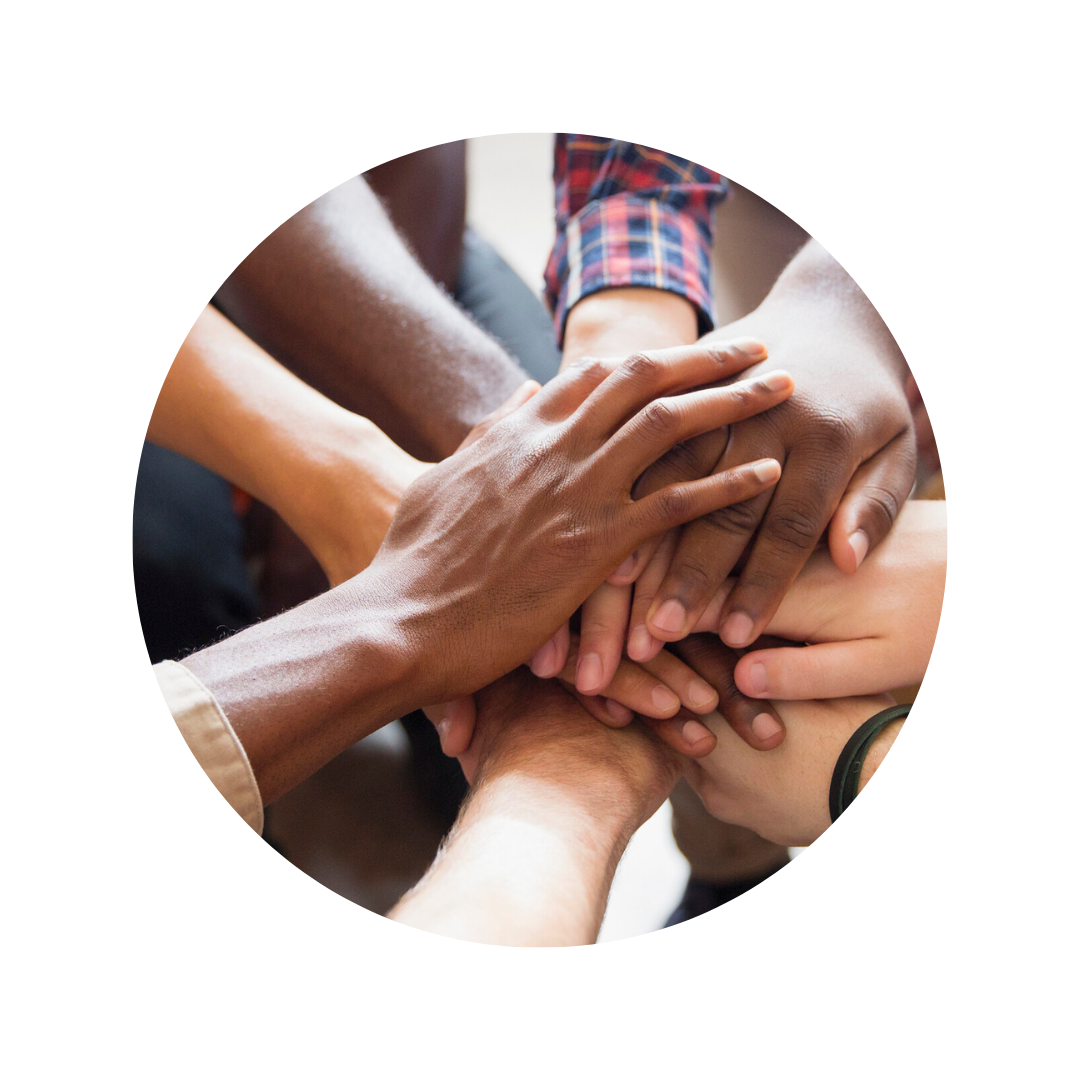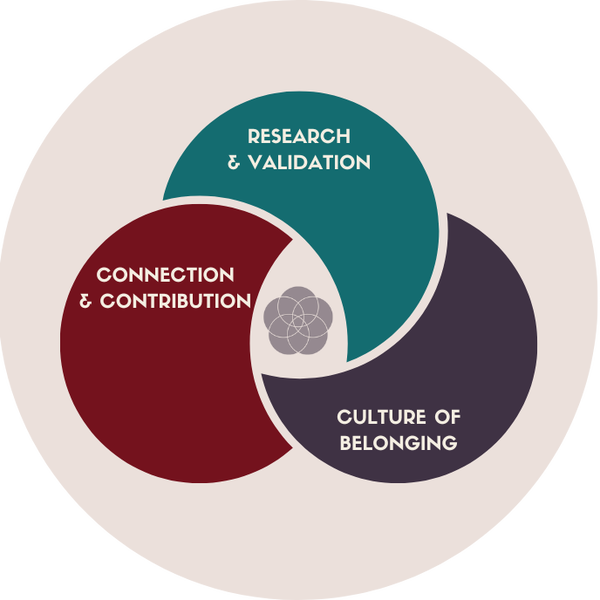|
Relational Life Foundation Vision
Relational Life Foundation offers relationship workshops, programs and services to new audiences. We aspire to build a space where individuals from all backgrounds feel a deep sense of belonging and are empowered to engage in relational growth.
|
|
References
These references provide empirical evidence and theoretical insights into the benefits of cultivating meaningful relationships and forging connections within communities. They highlight the positive impact of social relationships on health, well-being, and resilience. Holt-Lunstad, J., Smith, T. B., Baker, M., Harris, T., & Stephenson, D. (2015). Loneliness and social isolation as risk factors for mortality: A meta-analytic review. Perspectives on Psychological Science, 10(2), 227-237. doi:10.1177/1745691614568352 This meta-analytic review highlights the link between social relationships and mortality. The study emphasizes the importance of cultivating meaningful relationships and social connections as a protective factor against premature mortality. Umberson, D., & Montez, J. K. (2010). Social relationships and health: A flashpoint for health policy. Journal of Health and Social Behavior, 51(Suppl), S54-S66. doi:10.1177/0022146510383501 This article explores the role of social relationships in shaping health outcomes. It discusses the health benefits of strong social ties, including lower levels of stress, improved mental health, and enhanced access to healthcare resources. House, J. S., Landis, K. R., & Umberson, D. (1988). Social relationships and health. Science, 241(4865), 540-545. doi:10.1126/science.3399889 This seminal study examines the impact of social relationships on health. It discusses how social support, social integration, and social participation contribute to better physical and mental health outcomes. Ozbay, F., Johnson, D. C., Dimoulas, E., Morgan III, C. A., Charney, D., & Southwick, S. (2007). Social support and resilience to stress: From neurobiology to clinical practice. Psychiatry, 4(5), 35-40. This review paper explores the role of social support in promoting resilience to stress. It highlights how social relationships and support networks can mitigate the negative impact of stress and contribute to psychological well-being. U.S. Surgeon General, Dr. Vivek Murthy, identifies loneliness as an epidemic: https://www.hhs.gov/about/news/2023/05/03/new-surgeon-general-advisory-raises-alarm-about-devastating-impact-epidemic-loneliness-isolation-united-states.html |




